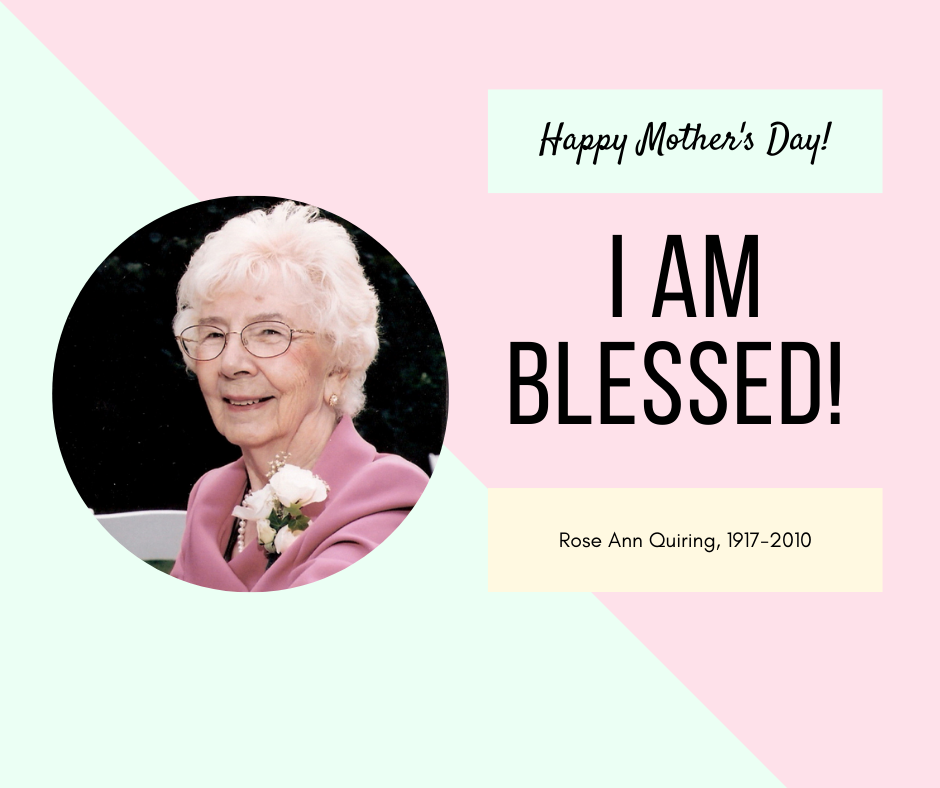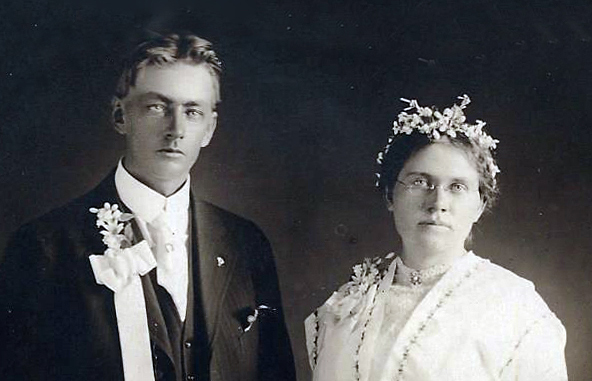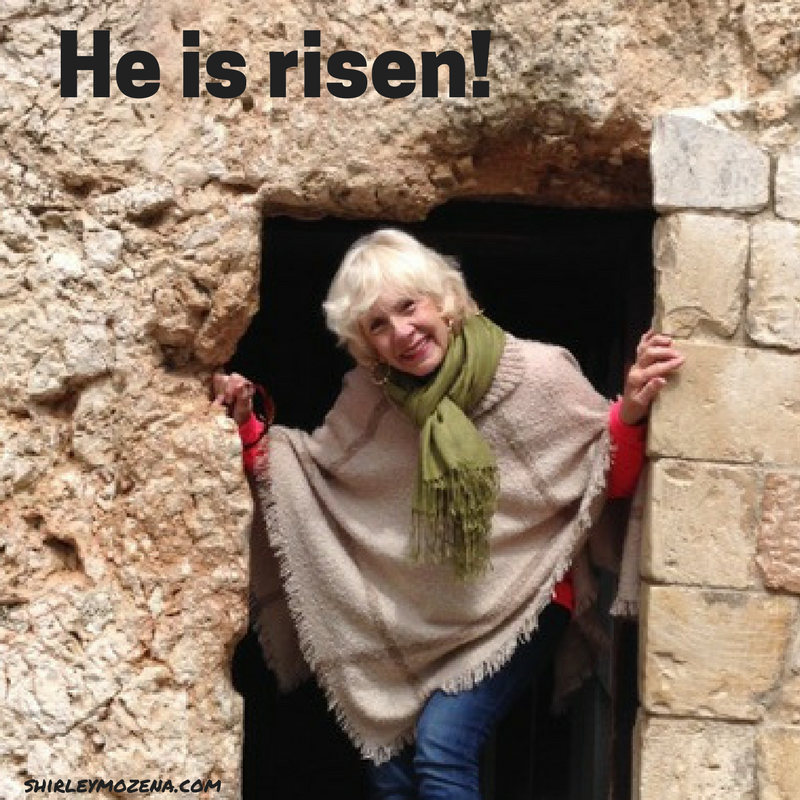How inexpressively sad are all holidays.
Longfellow wrote these words five months after his beloved wife tragically died. Her dress had caught fire and she died the next morning from the injuries. This poet had internal and external scars from this terrible accident. There were scars on his face and upper body, from his attempting to smother the flames consuming his wife’s dress. That statement, How inexpressively sad are all holidays was an accurate assessment for him in that recent loss.
Are you recovering from a great loss? Are you isolated from your family, because of Covid, or other illness? Are you estranged from a loved one? Do you fear the future–whether it is of politics, sameness or financial fears?
Why am I reminding you of a mournful story when Christmas should be happy? Mostly because God has placed on my heart an empathy for those who are mourning. Sometimes mourning is because of the death of a loved one or death of a marriage. It might be you are mourning what you never had. It might be (this one fits me this year) your inability to physically do what you used to do. It could be estrangement in a relationship.
I would like this Christmas message to be positive but first, it begins with a negative. Grief and loss. What do I know about loss? On Christmas Eve, 2005, my dear husband had been told he’d suffered a stroke the day before. Strokes are serious for anyone. To him, it seemed more devastating. He was a pilot and that meant he could never fly solo again. Except for me and his children and grands, flying was his greatest love. Now he realized he could never fly alone again. It was a difficult time, yet we treasured our Christmas Eve alone. We didn’t realize it would be our last Christmas season together. Our days together were coming to a close and we didn’t know it.
Another Christmas, 2010. I was widowed for a second time in a four years. I’d envisioned many years together with my new husband and new life, yet we celebrated Christmas together only two seasons. I had young grands that Christmas ten years ago. They always helped me put out decorations. Six-year-old Annabel asked if we could put all the pretty decorations out. I told her perhaps next year, but we could decorate the tree. She seemed content with that option.
The words How inexpressively sad are all holidays from Longfellow are understandable to me–especially during the years of mourning. But I’m not stopping there. I’m not sure Longfellow recovered from his loss, but I imagine he did.
I am here to tell you though I once thought those thoughts, I do not feel that way any longer. I’ve moved forward through my grief. I’ve done the work. I don’t leave my memories behind, but move forward and carry the sweet and difficult remembrances with me. The Blessed Comforter was by my side. It’s true, I’m now married to a wonderful man, but it’s more than that. I would feel that way if I had not met my wonderful husband, Jim.
I’d like you to reflect on a verse that gave me hope.
But those who trust in the Lord will find new strength.
They will soar high on wings like eagles.
They will run and not grow weary.
They will walk and not faint (Isaiah 40:31 NLT).
If this season, you feel mournful, take the time to mourn. Shakespeare said,
He who lacks time to mourn, lacks time to mend.
So, take the time. If when your loss took place, you were too traumatized or too busy taking care of business, raising children who needed you or fearing the mourning process would be too difficult or lengthy, dig in and do the mourning work. It is necessary. Remember you are not alone, though you might feel that way.
Be strong and courageous. Do not be afraid; do not be discouraged, for the Lord your God will be with you wherever you go (Joshua 1:9 NIV).
In what seems time has stopped, know it hasn’t. You will begin to move forward. I don’t like the shorter days of light, but it is already changing. Soon, we will have more daylight. In your grief, reach for the source of strength that is there for you. Just as the days will grow longer with more light, so will your grief.
I’ll close with Longfellow’s carol, written during his mourning period on a Christmas morning, years ago:
I thought how, as the day had come, the belfries of all Christendom
Had rolled along th’unbroken song
Of peace on earth, good will to men
Then ringing, singing on its way, The world revolved from night to day
A voice, a chime, a chant sublime
Of peace on earth, good will to men! (“I Heard the Bells on Christmas Day,” Henry W. Longfellow, 1864).
I wish you a blessed, thoughtful Christmas. You may not feel merry, but be hopeful for the healing that will come. I promise it will. I’ve been where you may be. Peace on earth, good will to you! Joy will come.

Jesus is the Light…
Get these Blog posts emailed directly to you.







This is my third Christmas without my dear husband, Chuck. The first was a blur of sadness. The second still had lots of tears mixed with happiness with family. God has healed that terrible grief in my heart. Although I’ll always miss Chuck as well as first husband, Don, I rest in fond memories and the love of God.
An excellent way to express your grief. I hope grievers will be encouraged by your comments. Love you friend!
Thanks Shirley for your strong gift of encouragement. Your regular blogs are a blessing.! Wishing you and Jim a wonderful and God filled Christmas.
I’m honored you read my post! Thank you!